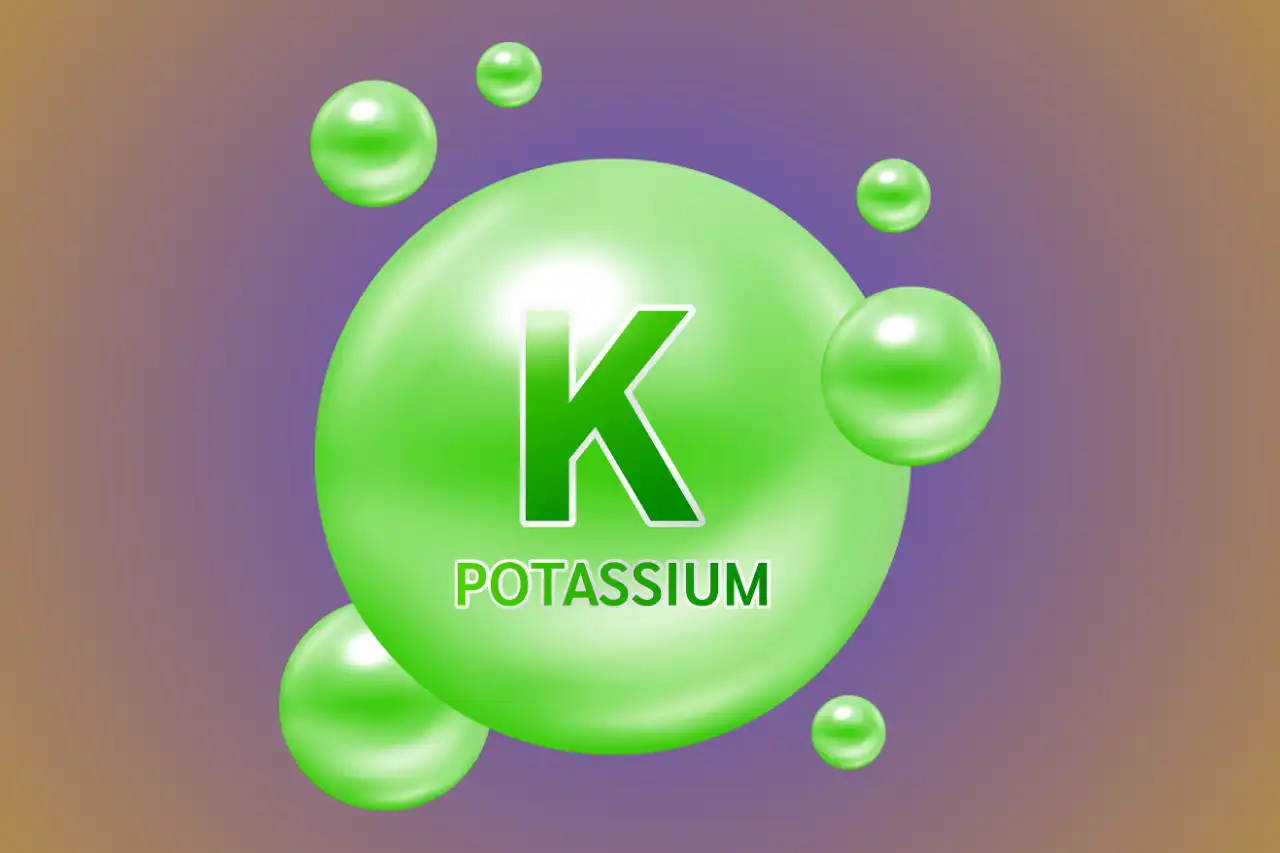-: MANGANESE :-
MANGANESE:- THE ESSENTIAL MINERAL FOR METABOLISM AND BONE HEALTH…!!!
Manganese is an essential trace mineral required for various biological processes, including bone development, metabolism, wound healing, and antioxidant defense. Though needed in small amounts, it is primarily stored in the bones, liver, pancreas, and kidneys.
Daily Requirements
Men
- Teens (9-13 years) – 1.9 mg per day.
- Teens (14-18 years) – 2.2 mg per day.
- Adults (19 years and above) – 2.3 mg per day.
Women
- Teens (9-13 years) – 1.6 mg per day.
- Teens (14-18 years) – 1.6 mg per day.
- Adults (19 years and above) – 1.8 mg per day.
- Pregnant women – 2.0 mg per day.
- Lactating Mother – 2.6 mg per day.
Children
- Infant (0-12 months) :- (0.003 -0.6 mg) per day.
- Children (1-8 years) :- (1.2 -1.5 mg) per day.
Function on different Organ
- Bone and Connective Tissue
Details
Manganese is essential for synthesizing cartilage and collagen, the primary components of connective tissue. It supports bone mineralization, helping maintain bone strength and density, reducing the risk of osteoporosis.
Also adequate manganese levels are crucial during growth periods for proper skeletal development.
- Metabolism
Details
Manganese is a cofactor for several enzymes involved in the metabolism of carbohydrates, proteins, and fats. It aids in cellular energy production by facilitating the function of mitochondrial enzymes.
Manganese also plays a role in glucose metabolism, contributing to blood sugar regulation.
- Brain and Nervous System
Details
Manganese is crucial for producing neurotransmitters like dopamine and glutamate, which regulate mood and cognitive functions.It helps shield brain cells from damage caused by free radicals, reducing the risk of neurodegenerative diseases.
Adequate manganese levels contribute to memory, learning, and overall brain health.
- Antioxidant Defense
Details
Manganese is a key part of SOD, a powerful antioxidant enzyme that neutralizes harmful free radicals.By minimizing oxidative stress, manganese helps lower inflammation and protects cells from damage.
Its antioxidant properties contribute to maintaining a robust immune system.
- Wound Healing
Details
Manganese is essential for producing proline, an amino acid necessary for collagen formation, aiding in tissue repair.
It plays a role in the synthesis of clotting factors, helping to stop bleeding and promote healing.
It also contributes to immune system activation, supporting the body’s defense against infections during wound recovery.
Symptoms incase of Deficiency
Though manganese deficiency is rare, insufficient levels can lead to:-
- Bone Weakness.
- Joint Pain due to inadequate cartilage formation leading to stiffness.
- Impaired Growth.
- Skin Issues like dryness, rashes, or poor wound healing.
- Neurological Symptoms like Dizziness, poor balance, and memory problems.
- Metabolic Issues such as Impaired glucose tolerance and abnormal fat metabolism.
Diagnosis
- Serum Manganese Test
Details
Serum Manganese Test measures manganese levels in the blood.
- Hair and Nail Analysis
Details
Hair and Nail Analysis can reflect long-term manganese status.
- Urine Manganese Test
Details
Urine Manganese Test helps to evaluate manganese excretion.
Food Sources
Veg Sources
- Whole grains
- Oats.
- Whole wheat.
- Quinoa.
- Brown rice.
- Legumes
- Lentils.
- Chickpeas.
- Soybeans.
- Kidney beans.
- Nuts and Seeds
- Almonds.
- Walnuts.
- Flax seeds.
- Pumpkin seeds.
- Sesame seeds.
- Peanuts.
- Leafy Vegetables
- Spinach.
- Kale.
- Lettuce.
- Beet greens.
- Fruits
- Pineapple.
- Raspberries.
- Blueberries.
- Tea
- Both black and green tea.
Non-Veg Sources
- Seafood
- Mussels.
- Shellfish.
- Fish
- Tuna.
- Other oily fish
- Other
- Eggs.
- Animal Liver.
What if Overconsumption
Vitamin B1 is water-soluble, meaning excess amounts are flushed out in urine. However, extremely high doses (from supplements) may cause mild side effects like:-
- Neurological Problems: Similar to Parkinson’s disease — tremors, muscle stiffness, and poor coordination.
- Fatigue and Weakness.
- Liver Damage.
- Respiratory Issues.
Manganese is a tiny but mighty mineral that supports everything from bone strength to brain function. By maintaining the right levels, manganese continues to work behind the scenes, promoting strong bones, sharp memory, and overall vitality.












